Every mother has questions about what happens to the body when we stop breastfeeding. After all, since discovering pregnancy, our body has undergone countless changes.
Every mother has questions about what happens to the body when we stop breastfeeding.
After all, since discovering pregnancy, our body has undergone countless changes.
And this is certainly the most striking, as it is a cycle that closes.
It’s the end of the “baby mother” phase and the beginning of the “child mother” phase.
Stopping breastfeeding is a very important rite of passage for a woman, both physically and psychologically.
Therefore, in this article we will clarify some of the main doubts that arise at this stage of maternal life.
Breastfeeding is an extremely important and special act, for both mothers and children.
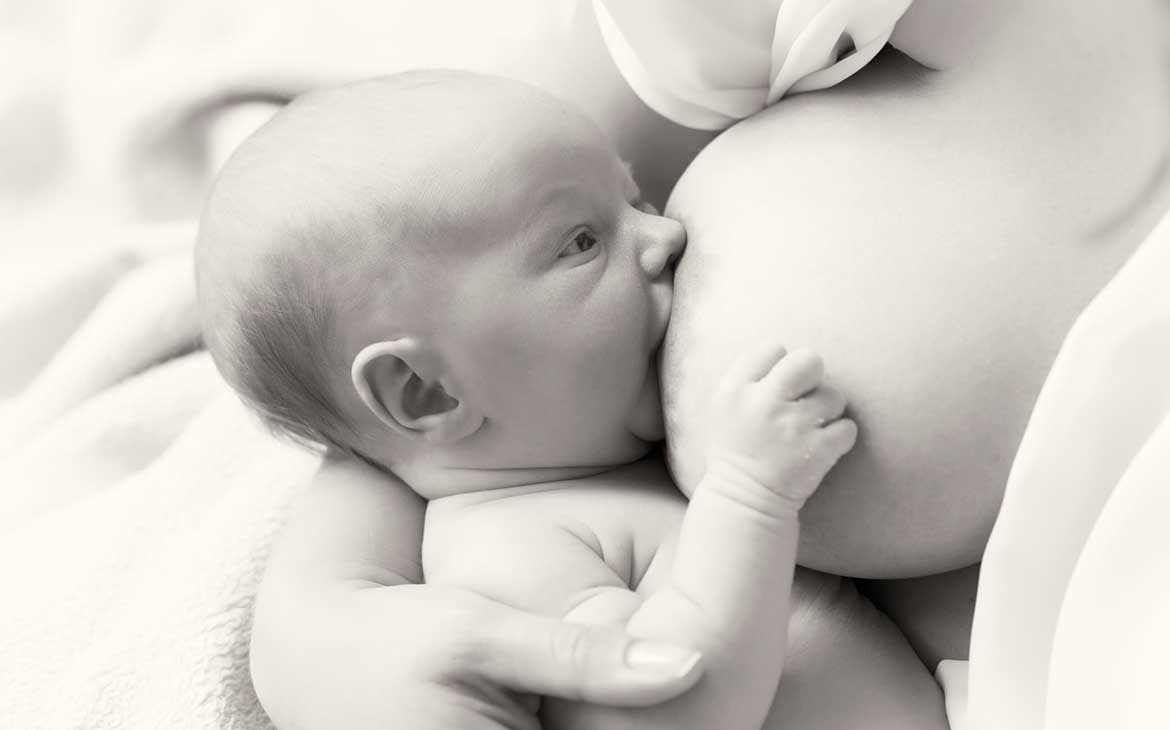
Breastfeeding, in addition to ensuring the nutrients necessary for the baby’s healthy development, also increases the bonds between the two during this period.
According to the World Health Organization (WHO), it is recommended that babies be exclusively breastfed until the sixth month of age.
This guideline, however, does not prevent breastfeeding until two years of age.
This decision to continue breastfeeding until two years of age will take into account a series of aspects, such as milk production and even the child’s willingness to breastfeed until that age.
Effects of breastfeeding on the body
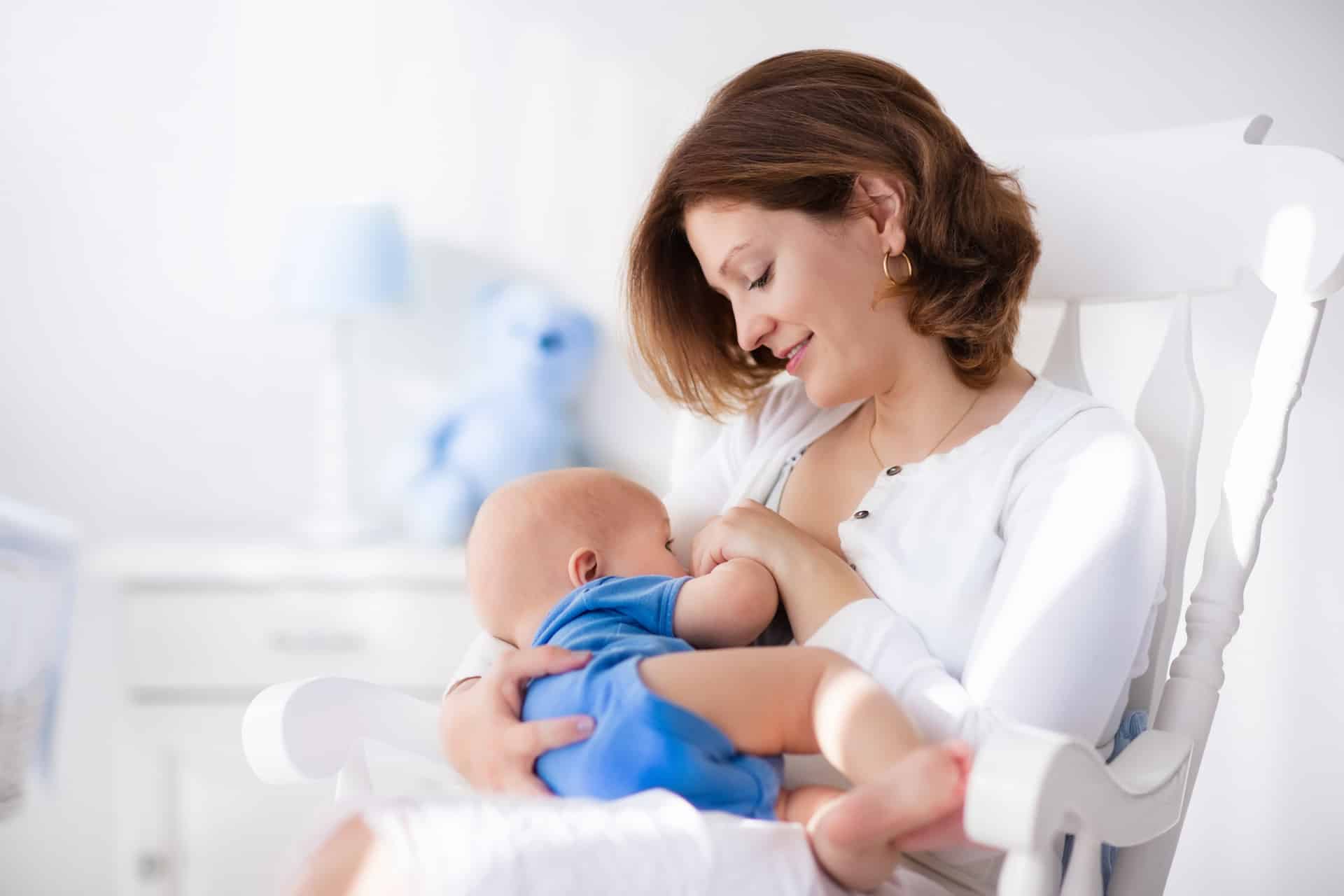
From the moment a woman finds herself pregnant, what happens most are transformations in her body.
And, consequently, during and after the breastfeeding period, the changes do not stop either.
During pregnancy, a woman’s breasts prepare for breastfeeding and thus, hormones come into action and work creating the branching of lactiferous ducts, the formation of lobules and also controlling milk production during pregnancy.
After birth, hormone levels decrease and milk production occurs so that the baby can begin to breastfeed.
During the baby’s sucking on the mother’s breast, oxytocin is released, which is responsible for the contraction of the cells that cover the alveoli and, thus, the release of milk.
With the help of the baby sucking, milk production will be continuous from this stimulation.
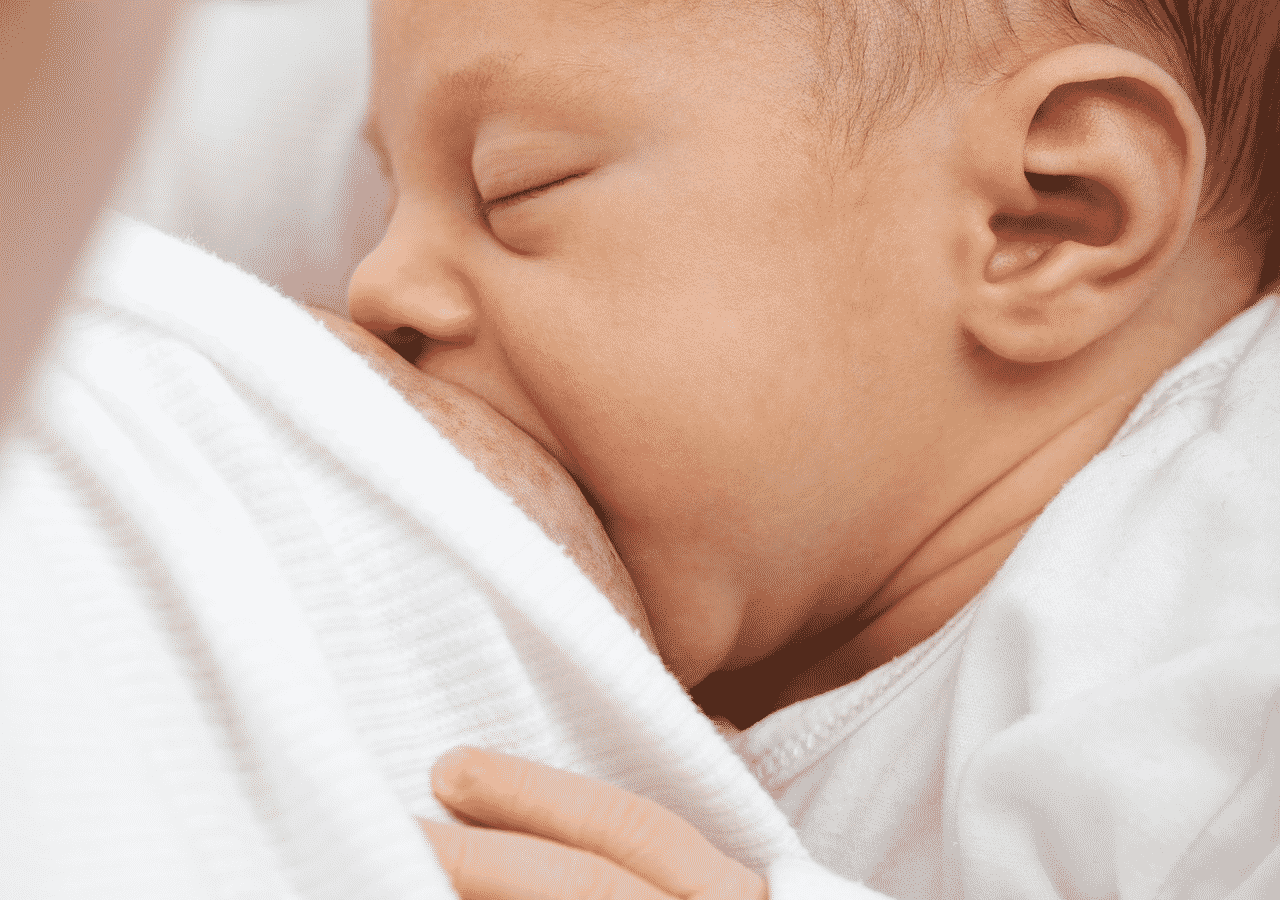
However, some women even produce more milk than the baby consumes and need to collect the milk manually.
An interesting fact is that most of the milk is produced while the baby is breastfeeding, as prolactin is stimulated at this time. It’s milk on demand.
Another interesting aspect about breastfeeding is the psychological factor of breastfeeding.
Sometimes, breast milk leaks just because the mother hears the baby crying or even when the baby is breastfeeding from one breast and the milk starts to leak from the other.
Another thing that strongly influences breast milk production is stress and anxiety, which can influence a decrease in milk production.
However, given all these transformations the question remains: what happens in the body when we stop breastfeeding?
What happens in the body when we stop breastfeeding

The emotional
Regardless of when your baby stops breastfeeding, you need to be prepared for what happens to the body when we stop breastfeeding.
The most important thing is to be prepared to do everything very carefully, as this way, you preserve both the baby’s health and yours.
The most important thing is to prepare to do everything very carefully, as this way, you preserve the baby’s health and yours.
During this period, you can’t be too careful, due to the amount of physical, emotional and hormonal changes that you both will go through.
Some women when starting to wean become more emotional, as breastfeeding is a huge bond that the mother has with her child since pregnancy.
It’s a bond impossible to find in any other situation. It is unique, exclusive, unique and unique.
Imagine the feeling of sadness when breaking that connection. So, it’s totally understandable.
Physiological changes
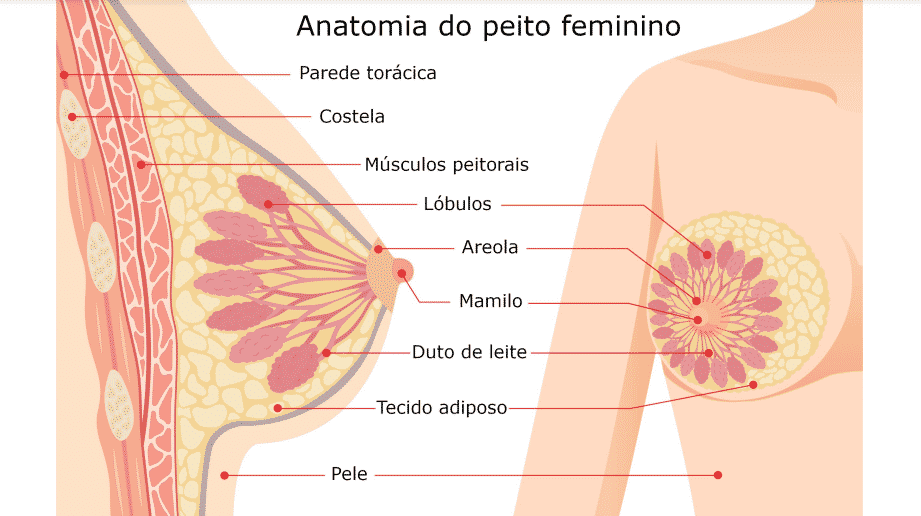
What happens in the body when we stop breastfeeding?
When weaning occurs, the milk undergoes changes in its composition and, consequently, the mammary glands also undergo this.
In the three months after the start of weaning, milk production drops significantly, reaching 67%, 40% and 20% respectively.
Meanwhile, protein, iron and sodium levels rise, remaining between 100% and 200% and, meanwhile, lactose also decreases.
After weaning begins, as milk is no longer expressed with the same frequency or in the same quantity, the production of breast milk consequently gradually decreases.

The more time passes, the less milk a woman has.
Therefore, during this process, the blood vessels are compressed, causing the breasts to become engorged and then the flow of blood and oxytocin to the myoepithelial cells becomes restricted.
Another fact that also happens during this period is that the alveoli end up collapsing, that is, they distend and flatten.
The amount of adipose tissue increases, while glandular tissue returns to its resting state.
Thus, the mammary glands begin to return to their pre-pregnancy state.
However, sagging breasts often appear in some women shortly after weaning.
So far, you can already see some of the changes that occur in the body when we stop breastfeeding.
Science explains
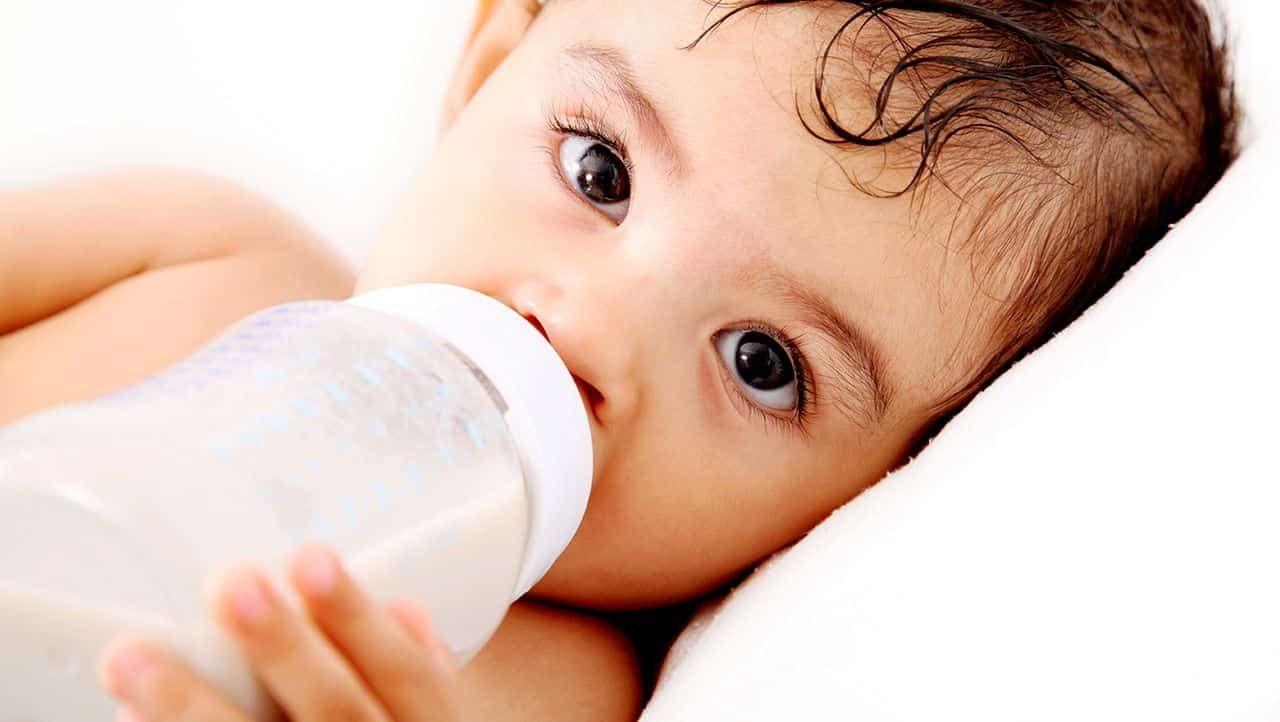
Scientists explain what happens in the body when we stop breastfeeding.
In studies on weaning and breast milk production, scientists discovered the existence of a molecule that makes breast cells destroy those that die after definitive weaning.
Therefore, in a short time a woman’s breasts go from being milk producers to normal breasts in their original formation before pregnancy.
However, they also discovered that this fact of cell self-destruction does not cause any harm to women’s health.
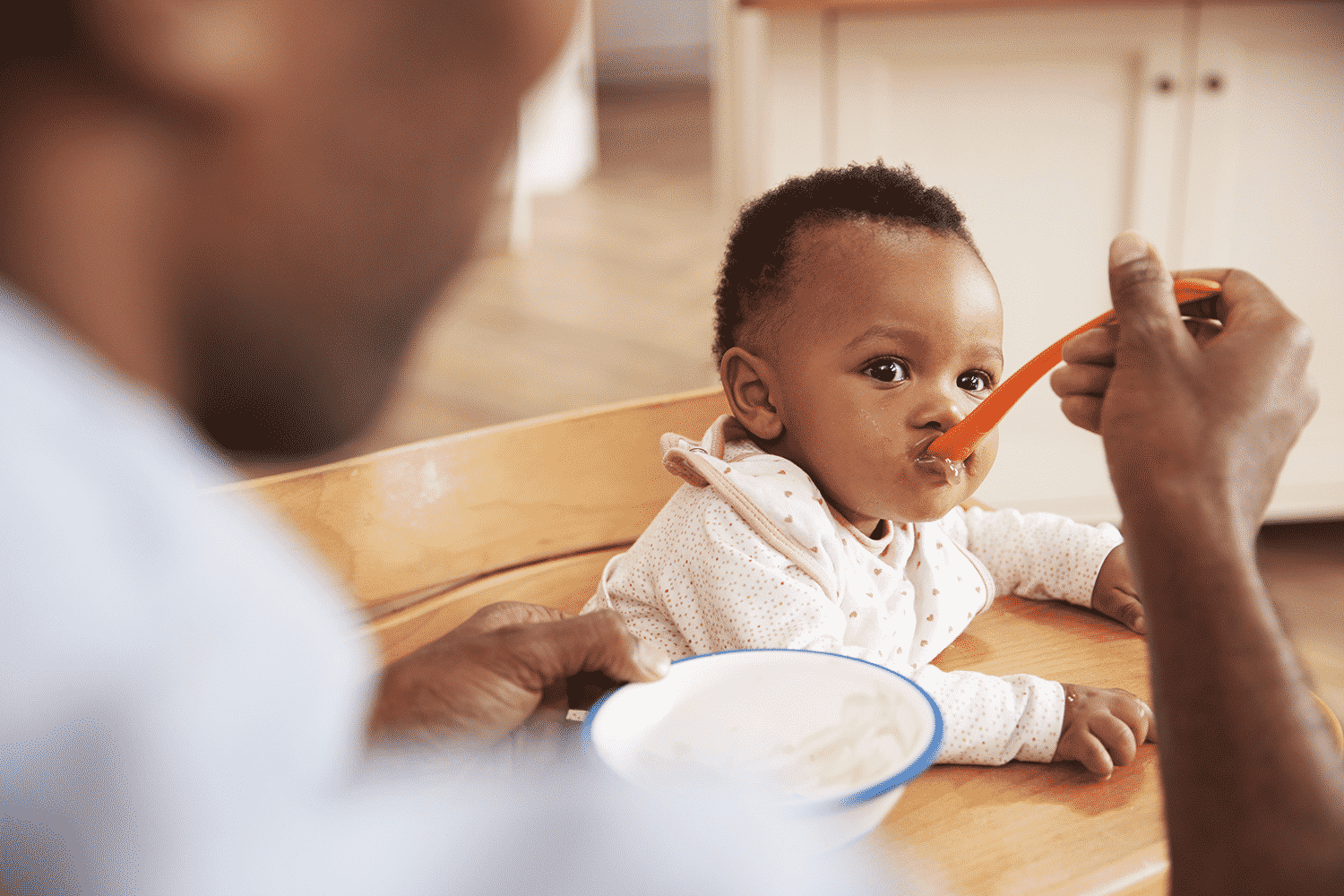
The discovery was made by scientists at the University of Sydney, Australia, and was also published in Development Cell.
With this study, scientists were even able to identify new clues about breast cancer.
And it was also discovered that breastfeeding, the longer it lasts, the less risk of breast cancer it poses to women.
Weight changes during breastfeeding and after weaning

Many women believe that breastfeeding is synonymous with weight loss and, in fact, this actually happens in the first months of breastfeeding.
Therefore, a woman actually loses weight by expending a lot of energy during milk production and breastfeeding.
In addition to the greater energy expenditure, the new mother also comes with poor sleep, stress, anxiety and even some fears and insecurities that torment, especially, first-time mothers.
All of this helps with weight loss that happens in the first months after giving birth.
However, this situation does not last forever.
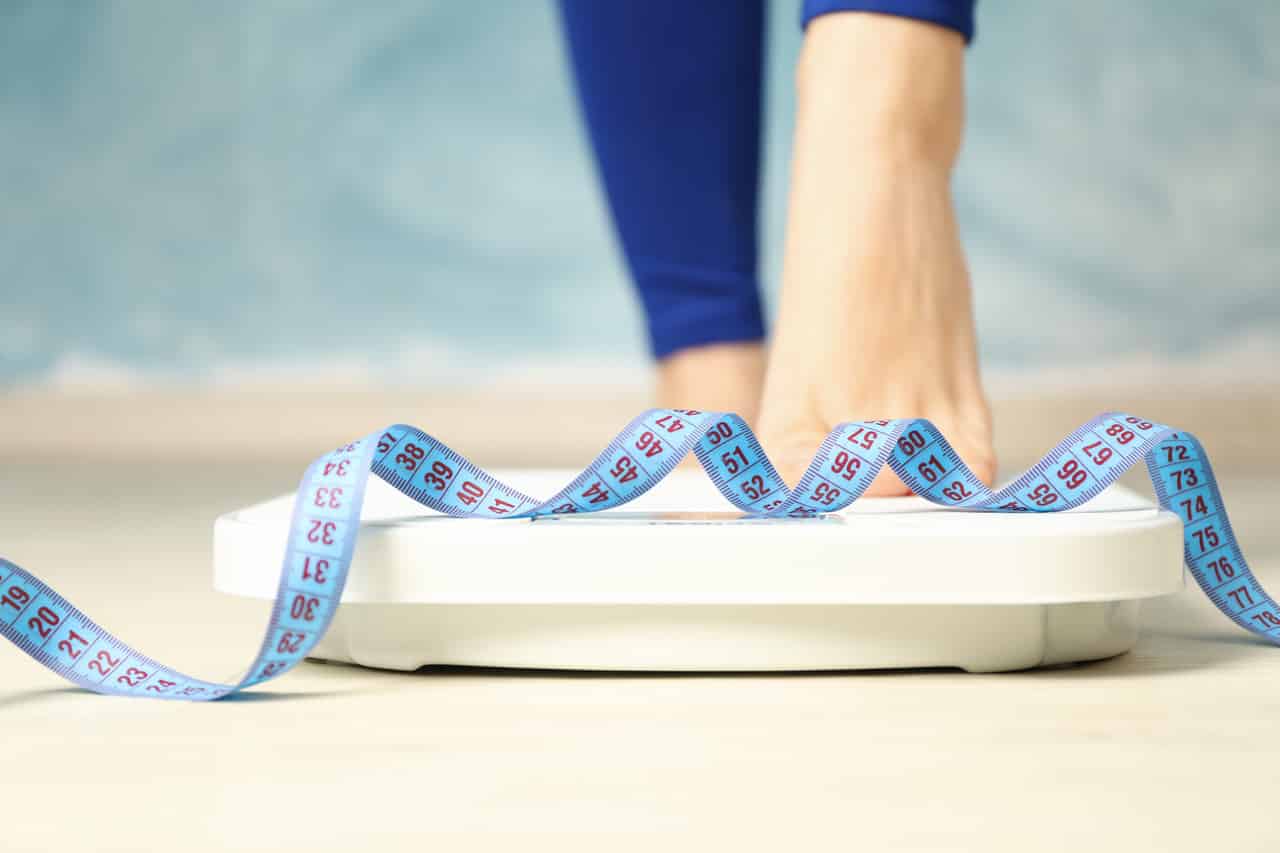
So, after a while the body starts to demand more calories and the woman starts to eat more, in order to remain firm throughout the breastfeeding period.
The biggest problem is the fact that the body is unable to stop on its own and, even after weaning, food consumption still remains high.
In this way, the weight continues to rise and the woman will need to undergo dietary re-education if she wants to maintain her shape.
Therefore, monitoring with a nutritionist and also practicing physical activities is highly recommended.
Now that you are up to date with the main changes and what happens in the body when we stop breastfeeding, see also Breastfeeding – Tips and benefits of breastfeeding

Sign up for our newsletter and stay up to date with exclusive news
that can transform your routine!
Warning: Undefined array key "title" in /home/storelat/public_html/wp-content/plugins/link-whisper-premium/templates/frontend/related-posts.php on line 12
Warning: Undefined array key "title_tag" in /home/storelat/public_html/wp-content/plugins/link-whisper-premium/templates/frontend/related-posts.php on line 13




